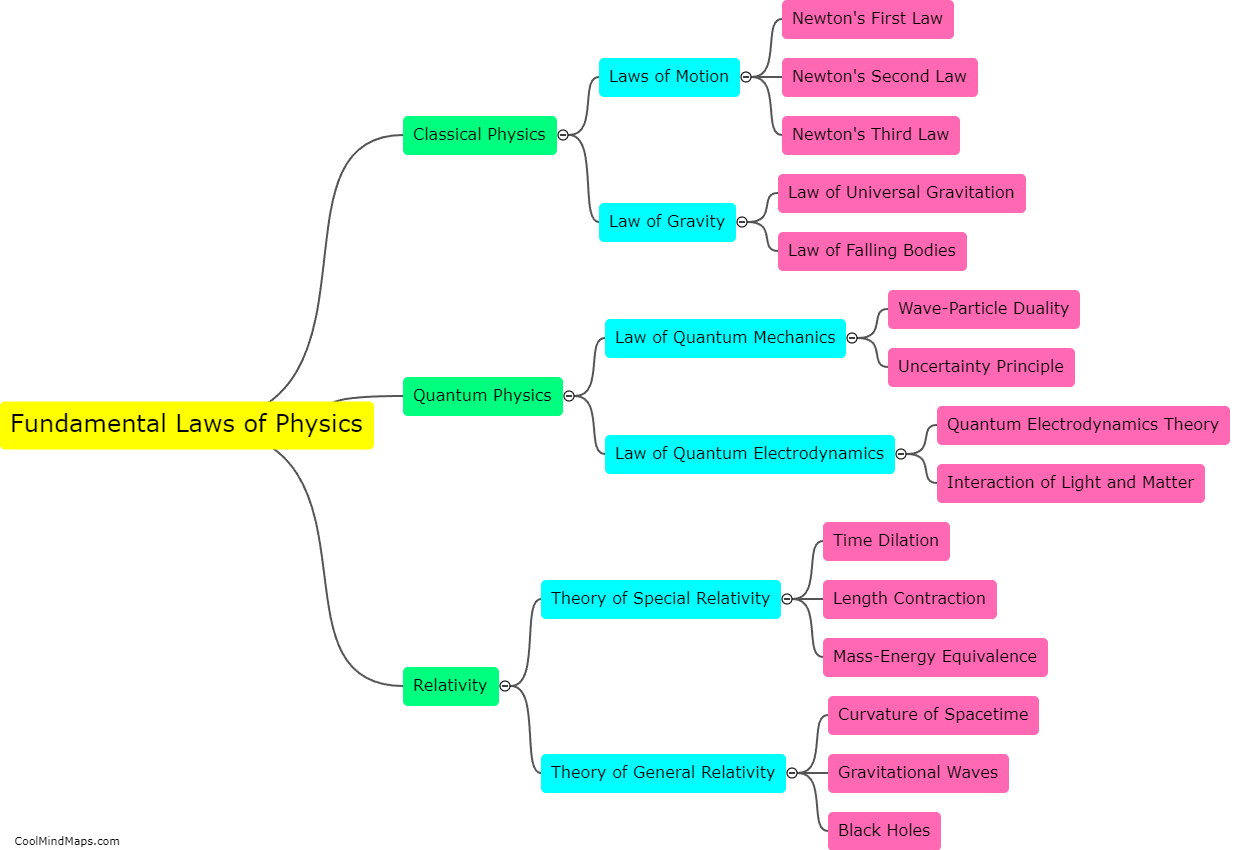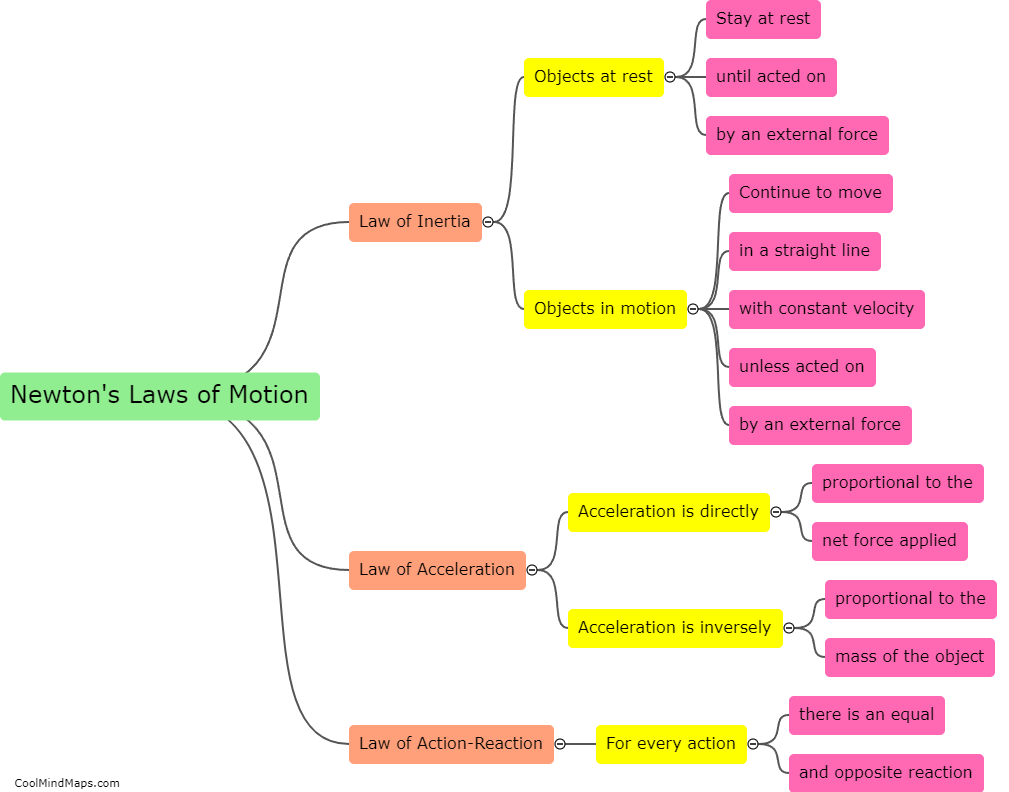What are the fundamental laws of physics?
The fundamental laws of physics are a set of principles and theories that describe the behavior of matter, energy, and forces in the universe. These laws provide the foundation for understanding the physical world and have been developed over centuries through observation, experimentation, and mathematical formulations. Some of the most well-known fundamental laws include Newton's laws of motion, which describe how objects move in response to forces; the laws of thermodynamics, which govern energy transfer and transformation; and Maxwell's equations, which describe the behavior of electric and magnetic fields. Other fundamental laws include Einstein's theory of relativity and quantum mechanics, which give insights into the behavior of matter at very high speeds or on very small scales. These laws, together with many others, form the basis of our understanding of the physical universe and have been tested and confirmed through numerous experiments.

This mind map was published on 10 November 2023 and has been viewed 81 times.











